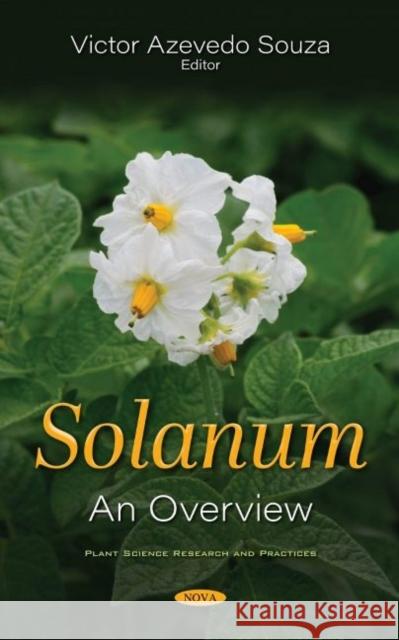Solanum: An Overview » książka
Solanum: An Overview
ISBN-13: 9781536181906
The Solanum genus is the largest and most representative from the Solanaceae family, which includes approximately 2000 species distributed throughout the world in tropical and subtropical regions. The genus is recognized for its applications in traditional medicine since ancient times due to its phytochemical content and nutritional composition. This compilation extensively examines important aspects of Solanum elaeagnifolium and S. nigrum including their growth dynamics, distribution, impact, and the management techniques that are currently available for the control of these two troublesome weeds. The authors summarize the genetic approaches that have been applied to improve different agronomic traits of potato varieties, as well as the potential applications of genome editing. The sustainable production of potato is hampered by different factors, including abiotic and biotic stresses, which reduces crop yield. The evolutionary dynamics and structural variations between numerous organelle genomes within the genus Solanum are compared and analyzed. In addition, the organelle genome size and gene content were determined and compared across Solanum, and within the broader Solanaceae family. The closing study evaluates the allelopathic activities of Solanum lycocarpum leaf ethanol extract and its fractions on Lactuca sativa and Allium cepa seeds. S. lycocarpum is a tree species of the Solanaceae family and is popularly known as alobeiraa.











